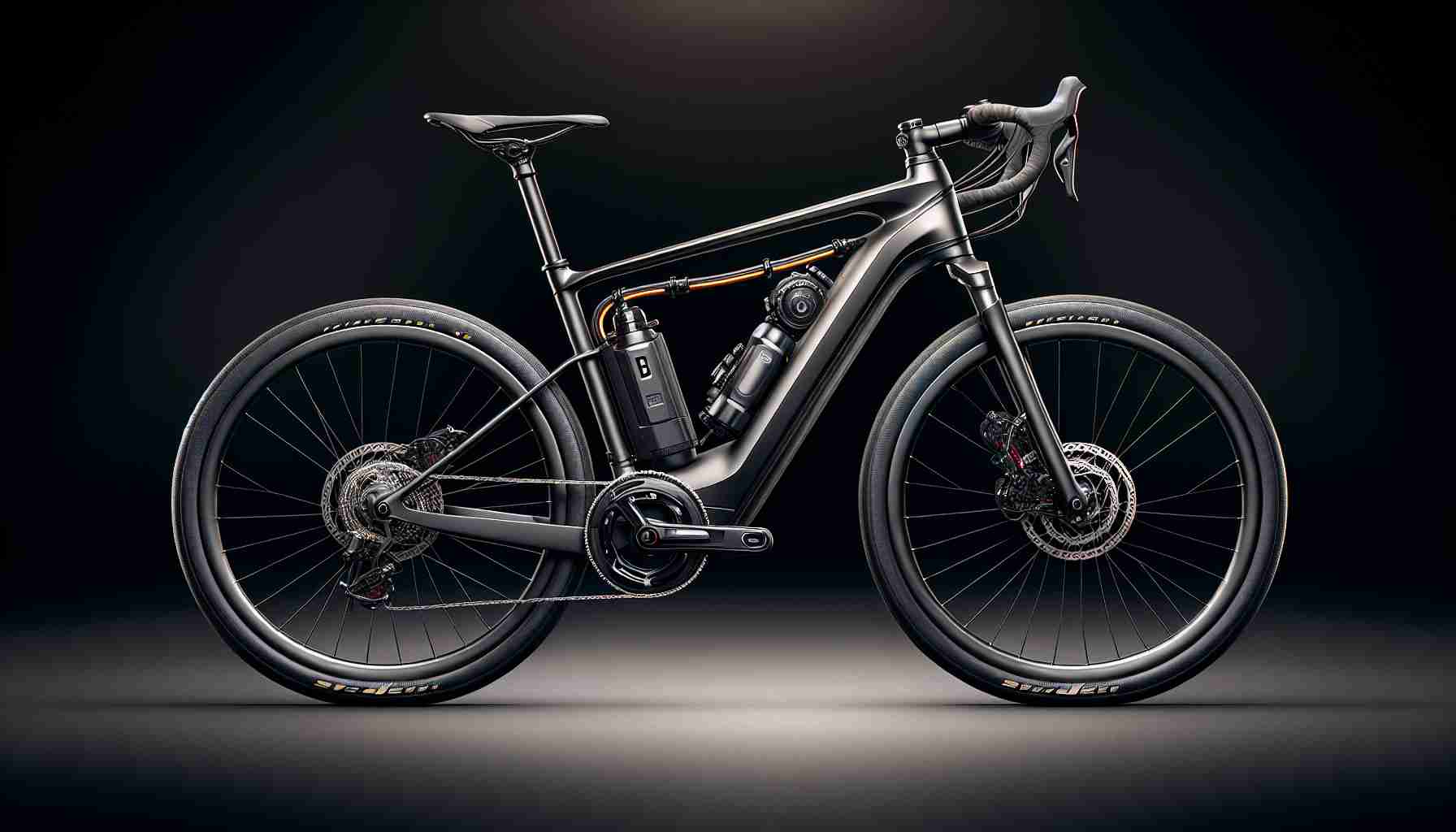Cannondale has recently introduced the latest version of its Synapse Neo electric road bike, featuring notable upgrades such as a lighter and more powerful motor from Bosch, as well as a carbon frame. The new Synapse Neo continues to combine low weight with exceptional performance, making it an appealing choice for riders seeking a high-quality electric bike.
One of the significant improvements to the Synapse Neo is the incorporation of the Bosch Performance Line SX motor. This motor is not only more powerful but also lighter compared to its predecessor. With a weight of just 2kg, the Bosch Performance Line SX drive unit provides up to 600 watts of assistance and 55Nm of torque. In compliance with e-bike regulations, the motor provides assistance up to 25kph in Europe and 28mph in the US.
Furthermore, Cannondale has made efforts to ensure that the Synapse Neo closely resembles the non-assisted Synapse in terms of ride and aesthetics. The frame has been switched from an alloy to a carbon construction, resulting in a lighter overall weight. While the exact weight of the new model has not been confirmed, it is expected to be significantly lighter than its predecessor, which weighed 18.6kg in size L with an alloy frame.
Additionally, the Synapse Neo is now available in dedicated road and all-road versions, allowing riders to choose the model that suits their specific needs. Both versions are equipped with a range of features suitable for commuting and touring, including a kickstand and mounts for mudguards and a rear rack.
In conclusion, the upgraded Cannondale Synapse Neo offers an enhanced riding experience with its improved motor and carbon frame. Whether riders are looking for a road-focused or all-road model, the Synapse Neo delivers on performance, weight reduction, and overall design, making it an excellent choice for cyclists seeking a top-tier electric road bike.
The electric bike industry has been experiencing significant growth in recent years, with more and more people opting for electric bikes as a mode of transportation or for recreational purposes. According to market forecasts, the global electric bike market is projected to reach a value of $38.6 billion by 2025, growing at a CAGR of 7.9% from 2019 to 2025. This growth can be attributed to factors such as increased awareness about environmental sustainability, rising fuel prices, and advancements in battery technology.
One of the key issues related to the electric bike industry is the debate around regulations and licensing requirements for e-bikes. Different countries and regions have varying regulations regarding the maximum speed, power output, and age restrictions for riding electric bikes. This lack of uniformity in regulations can create confusion for both manufacturers and consumers. However, efforts are being made to establish standardized regulations to ensure safety and consistency across different markets.
Another challenge for the industry is the perception of electric bikes as being expensive. While it is true that electric bikes tend to have a higher price tag compared to traditional bikes, the long-term cost savings, especially in terms of fuel and maintenance, make them a cost-effective option in the long run. Manufacturers like Cannondale are continuously working on making electric bikes more affordable and accessible to a wider range of consumers.
For more information about the electric bike industry and market forecasts, you can visit the website Global Market Insights. They provide in-depth analysis and reports on various industries, including the electric bike market.
Additionally, if you are interested in exploring other electric bike models and brands, you can visit the website Ebicycles. They offer a comprehensive database of electric bikes, allowing you to compare different models and find the one that suits your needs and preferences.
